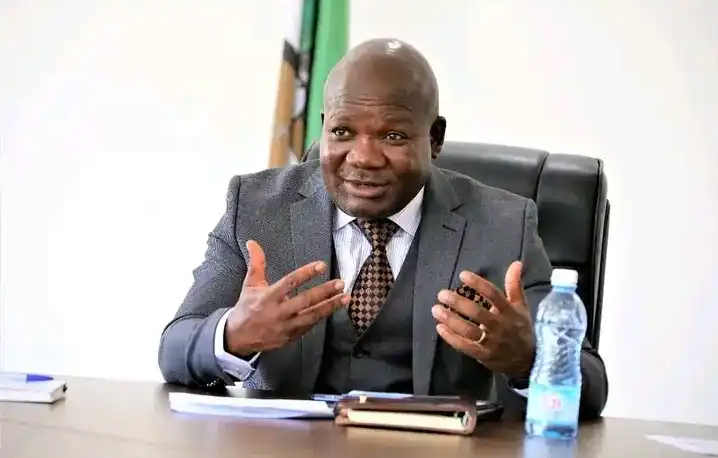The County Public Accounts Committee has issued a severe reprimand to Kakamega County’s leadership over a KES 11 million allocation for meal allowances for staff in the Governor’s office during the 2020-2021 financial year.
Chairing the examination, Senator Moses Kajwang expressed profound disappointment, characterizing the average KES 1 million monthly expenditure as an indefensible misuse of taxpayers’ money.
“This is not the reason why I’m going to fight the National Assembly to give counties KES 415 billion, so that governors can be allocating one million per month for food for their staff,” Kajwang asserted. He demanded a detailed breakdown of the expenditures, questioning the justification for such a lavish food budget.
“We must resolve it, so that we dispel some notions that we are more interested in houseworks than in development,” Kajwang added, suggesting that such wasteful spending undermines public trust in county governments’ commitment to development.
Kajwang’s scathing critique taps into broader concerns among national legislators, who frequently cite perceived financial mismanagement as a rationale for denying or reducing county funding allocations.
“Small things like this are then used by our brothers in the National Assembly to say that money in counties is wasted,” he stated pointedly.
In response, Governor Fernandes Barasa attempted to mitigate the situation by explaining that the county had audited the staffing inherited from the previous administration and had begun initiatives to rationalize the workforce.
Barasa mentioned that a workload analysis was underway to determine optimal staffing levels. “We don’t want a situation where a department that needs 5 staff has 10.
We are trying to work within the numbers we have to maintain and even reduce the wage bill to manageable levels – a process that can continue until June,” Barasa explained.
Despite these assurances, Kajwang remained unsatisfied, demanding clarity on the public participation process that had authorized such an expenditure, which he deemed a personal indulgence.
His insistence on accountability reflects a broader frustration with county-level fiscal irresponsibility and the impact it has on broader funding debates.
Kajwang’s critique underscores a pivotal issue in the ongoing struggle between national and county governments over budget allocations.
The perception of financial impropriety at the county level feeds into the reluctance of national legislators to approve increased funding.
As counties push for more resources to drive development, instances of apparent waste like the Kakamega meal allowance scandal undermine their arguments and erode public confidence.
This incident highlights the need for stringent oversight and accountability mechanisms to ensure that public funds are utilized effectively and transparently.
Without such measures, the potential for development initiatives to be overshadowed by financial scandals remains a significant risk, perpetuating a cycle of mistrust and inadequate funding that hampers progress at the county level.





















Add Comment